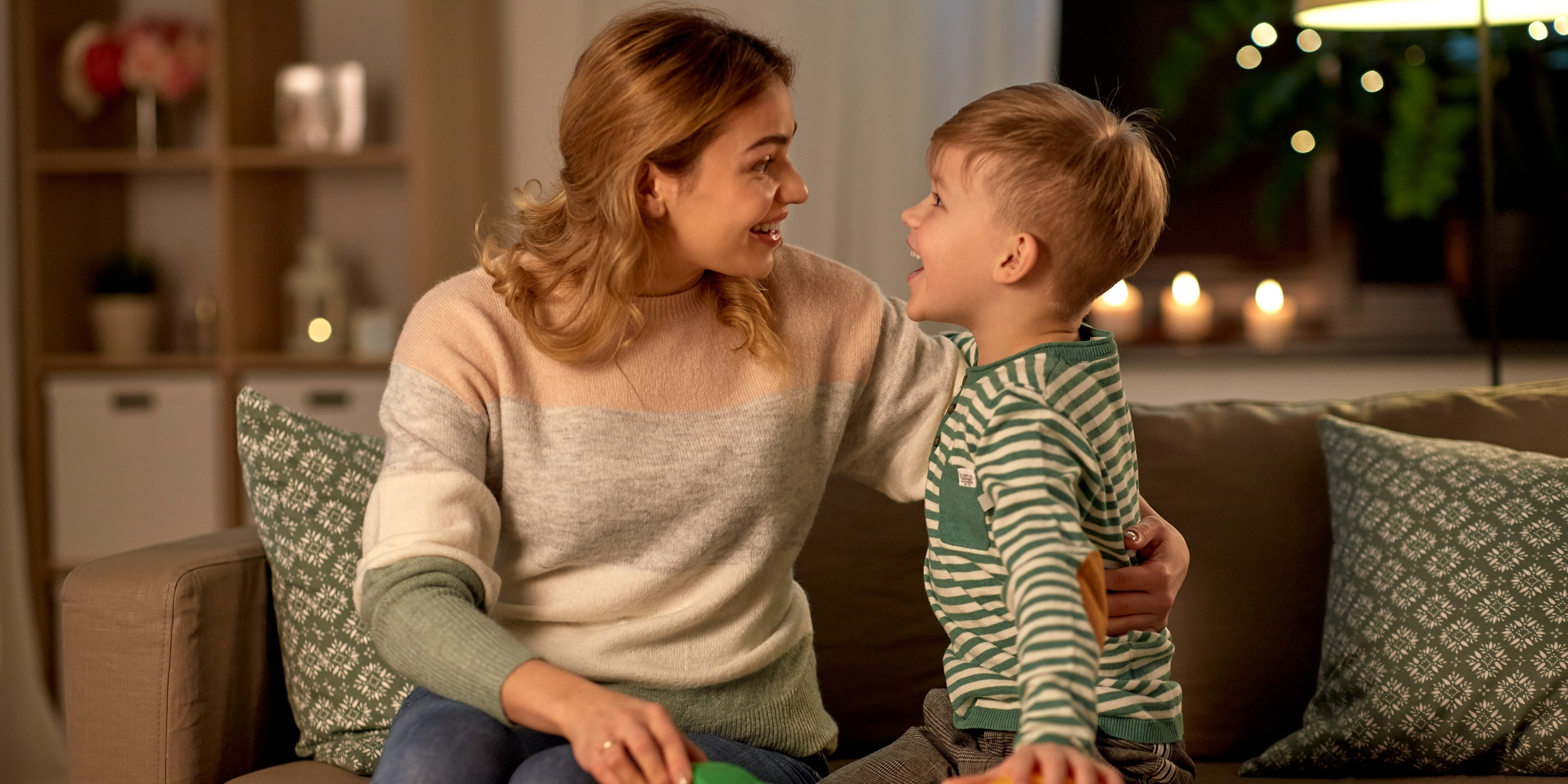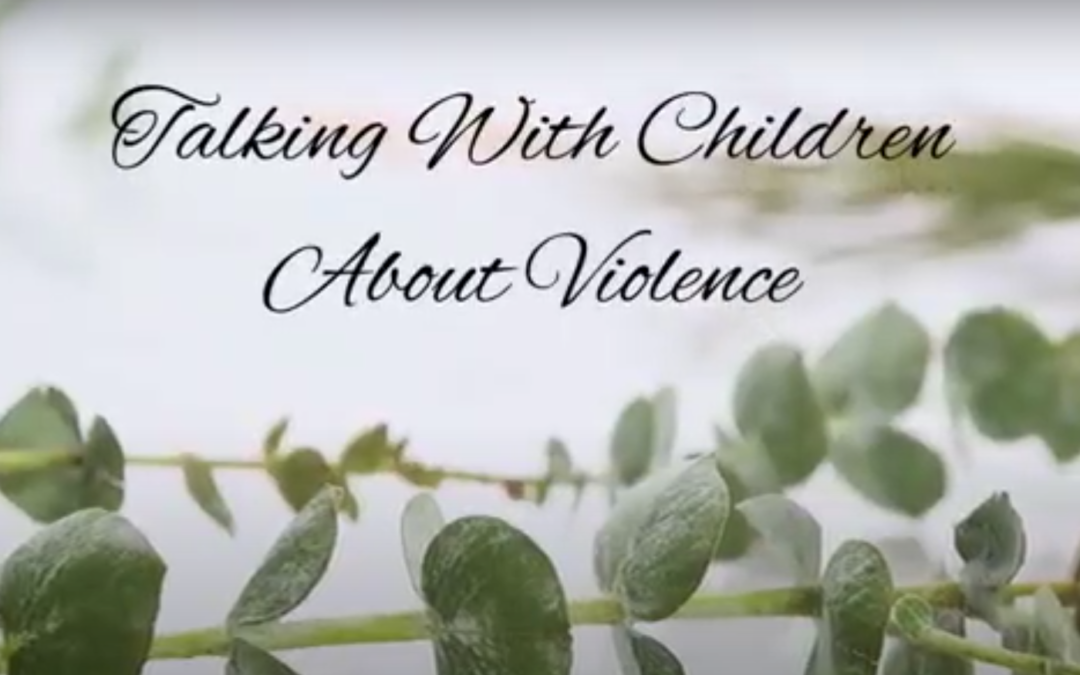Watch The Video Below


- Educating yourself on the matter – Understand the incident before speaking to your child about it.
- Ask them what they know – Find out what they know about the incident, and educate them further with what you know.
- What is the message? – There needs to be some form of take-away from this conversation. Determine exactly what you want to teach them before you open the conversation.
- Validate their feelings – Ask them how they feel, and tell them it’s okay to feel that way. Tell them how you feel, too.
- Question time – After you’ve discussed the matter, let them ask questions. If they query their safety, reassure them that their school takes multiple safety measures to keep them safe at all times. Perhaps mention a specific person, so that when they go to school, they can see that person and feel safe, ei: the security guard.
For more information on talking with children about violence, watch the full video above. For more of expertise on hard conversations with children, check out our other video on Talking To Kids About Racism.

Video Made By: Shereece Saxton Harley, LCSWA
Shereece Saxton Harley is a Licensed Clinical Social Worker Associate (LCSWA), Qualified Mental Health Professional (QMHP), and MSW who provides assessment and counseling services for individuals from early adolescence through adulthood. Shereece graduated from Methodist University with a Bachelor’s degree in Psychology and a minor in Philosophy and continued her education, earning a Master’s in Social Work from Virginia Commonwealth University. She also holds Early Childhood Education credentials and is in the process of working towards a Doctorate in Marriage and Family Therapy.
Contact Acacia Collaborative
Ask a question or book an appointment below.
5316 Highgate Dr #222, Durham, NC 27713
570 New Waverly Pl #210, Cary, NC 27518
Therapy Setting
Telehealth & In-Person Services Available

